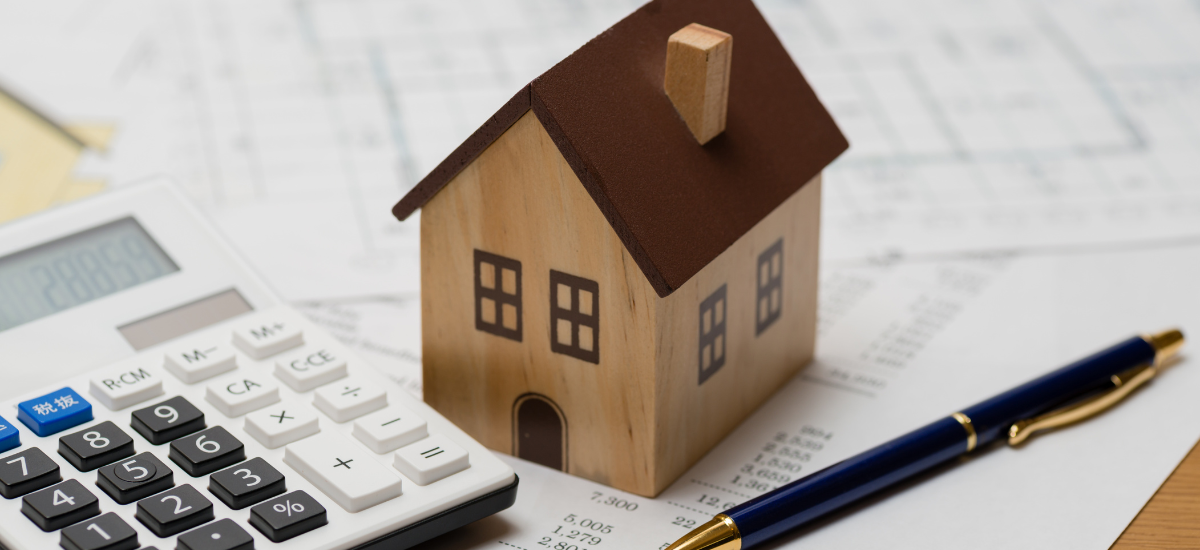Embarking on a home renovation project is an exciting journey that involves careful planning, budgeting, and decision-making. One of the crucial aspects of this process is understanding the distinction between project costs and construction costs. While they may seem similar at first glance, these two concepts play different roles in the overall financial landscape of your renovation endeavour.
Understanding Project Costs
Project costs encompass all expenses associated with the renovation project beyond just the construction itself. These costs typically fall into several categories:
- Design and Planning: Before the hammers start swinging, there are design and planning expenses to consider. This includes hiring an Architect to work with you to conceptualise the renovation, develop your preferred design concept, create detailed architectural drawings, and secure necessary permits.
- Materials and Fixtures: From flooring and cabinetry to light fixtures and appliances, the materials and fixtures you choose can significantly impact your project costs. Quality, brand, and style preferences all play a role in determining these expenses.
- Construction: Engaging a builder, and other professionals, such as a cabinet maker, or landscaper to carry out the construction work is a significant portion of project costs. Labour costs can vary based on factors such as location, expertise required, and project complexity.
- Permits and Fees: Depending on the scope of your renovation, you may need to obtain various permits and pay associated fees. These can include a building permit, town planning permit, and council and/or authority fees.
- Contingency Fund: It’s essential to set aside a contingency fund to account for unforeseen expenses or changes in the project scope. A common recommendation is to allocate around 10-15% of the total project budget for contingencies.
Differentiating Construction Costs
Construction costs, on the other hand, specifically refer to the expenses directly related to the physical building or remodelling work. These costs typically include:
- Materials: The cost of raw materials needed for construction, such as timber, steel, concrete, external cladding, roofing materials, and insulation.
- Labour: Wages and fees paid to construction workers, carpenters, electricians, plumbers, painters, and other tradespeople involved in the building process.
- Equipment and Machinery: Renting or purchasing specialised equipment and machinery required for construction, such as excavators and scaffolding.
- Site Preparation: Expenses related to preparing the construction site, including demolition, excavation, and site cleanup.
- Utilities and Services: Costs associated with temporary utilities, waste disposal, temporary fencing, and portable toilets for the duration of the construction project.
The Intersection of Project Costs and Construction Costs
While project costs and construction costs represent distinct categories, they are inherently interconnected and influence one another throughout the renovation process. Here’s how they intersect:
- Budgeting and Planning: When budgeting for your renovation, it’s essential to consider both project costs and construction costs comprehensively. This holistic approach ensures that you allocate sufficient funds for every aspect of the project, from design and planning to actual construction. Our Project Budget Planner will assist you to plan your budget.
- Cost Control and Management: Monitoring and managing project costs and construction costs go hand in hand to keep the renovation project on track financially. Regularly reviewing expenses, tracking budget allocations, and addressing any cost overruns promptly can help prevent financial setbacks.
- Quality and Value: Balancing project costs and construction costs is crucial for achieving the desired quality and value in your renovation. Opting for high-quality materials and skilled labour may increase construction costs upfront but can lead to long-term savings through durability and energy efficiency.
- Timeline and Completion: Delays or setbacks in construction can impact both project costs and construction costs. By proactively addressing challenges and maintaining open communication with your Architect, and Builder, you can minimise disruptions and keep the project on schedule.
Conclusion
In summary, understanding the distinction between project costs and construction costs is essential for effectively planning and managing a home renovation. While project costs encompass the broader spectrum of expenses, including design, permits, and contingency, construction costs specifically focus on the direct expenses related to building or remodelling work. By carefully considering both aspects and adopting a strategic approach to budgeting, cost control, and quality management, you can navigate the complexities of your renovation project with confidence and achieve your desired outcomes within your budgetary constraints.

